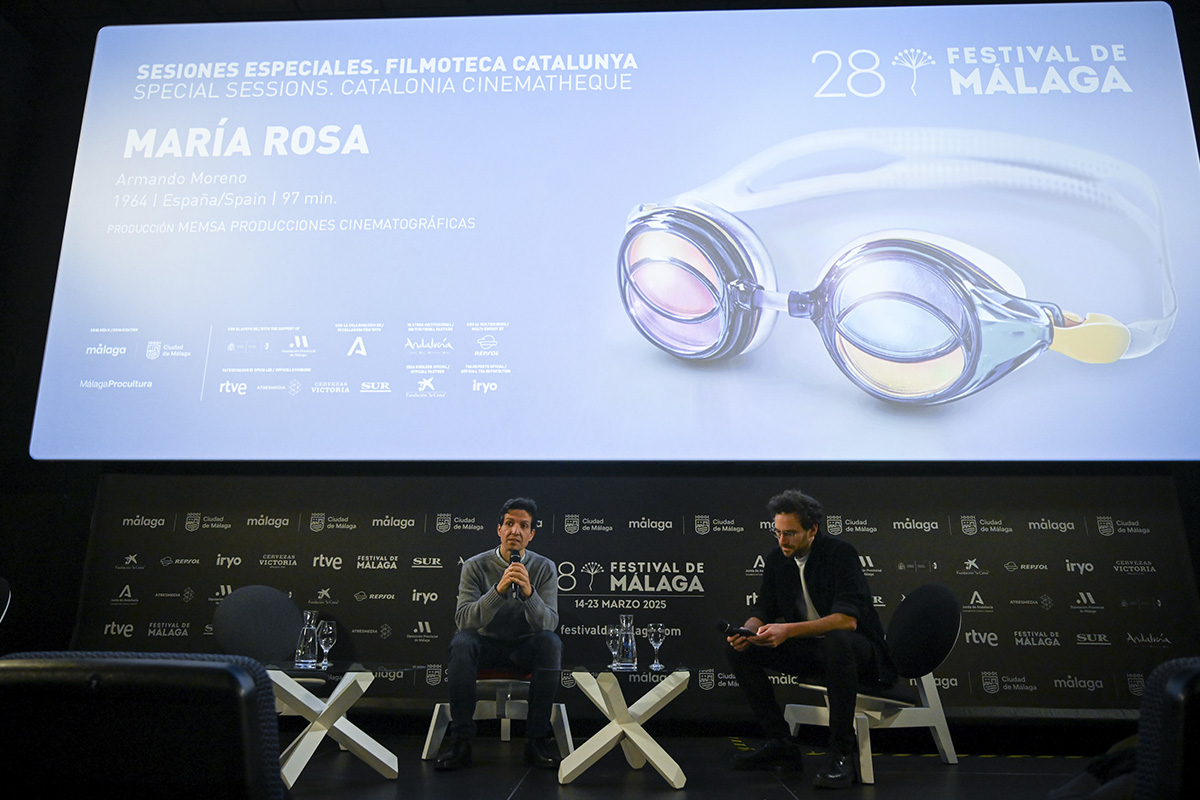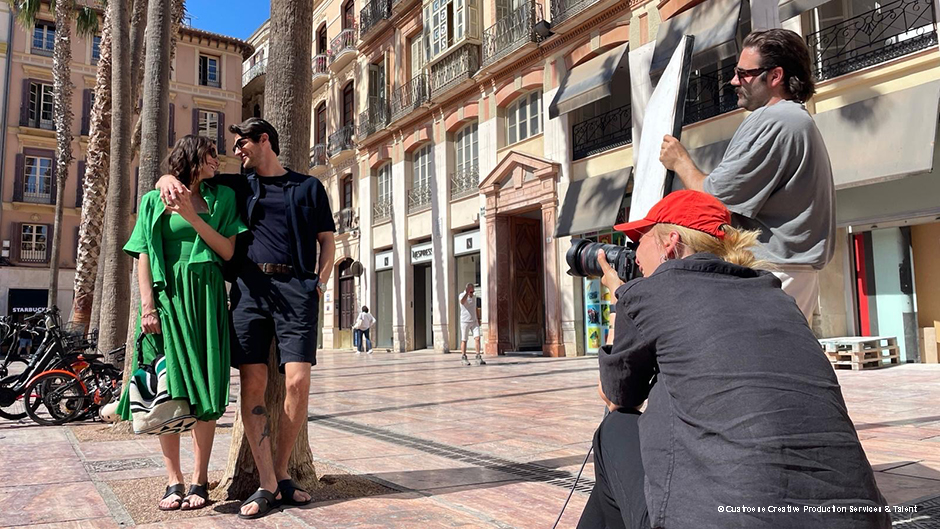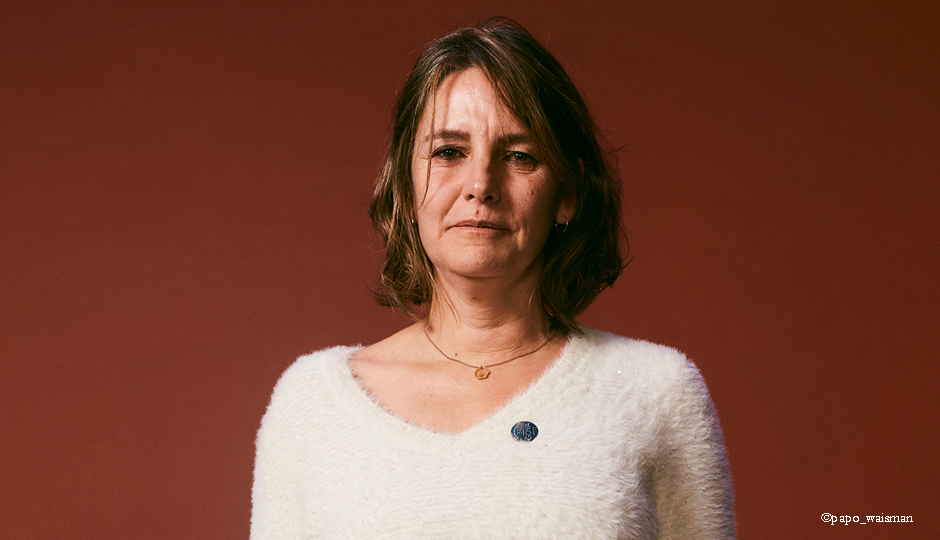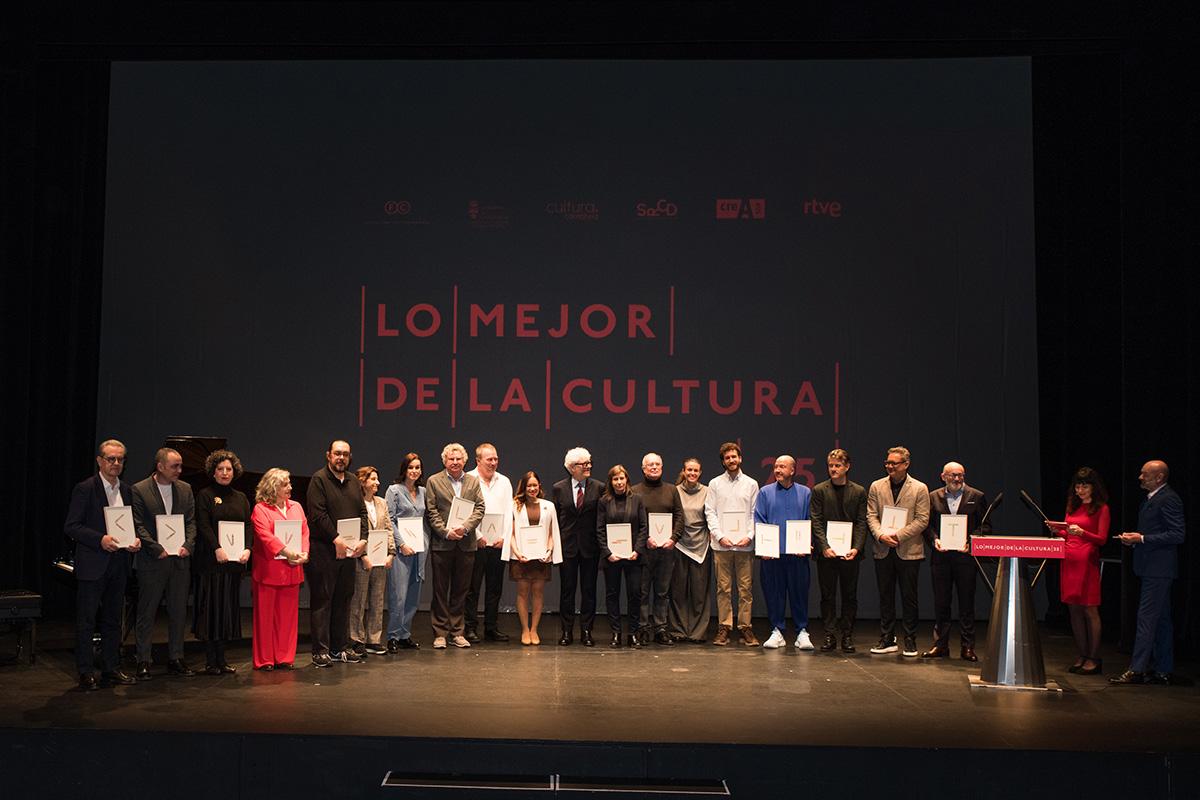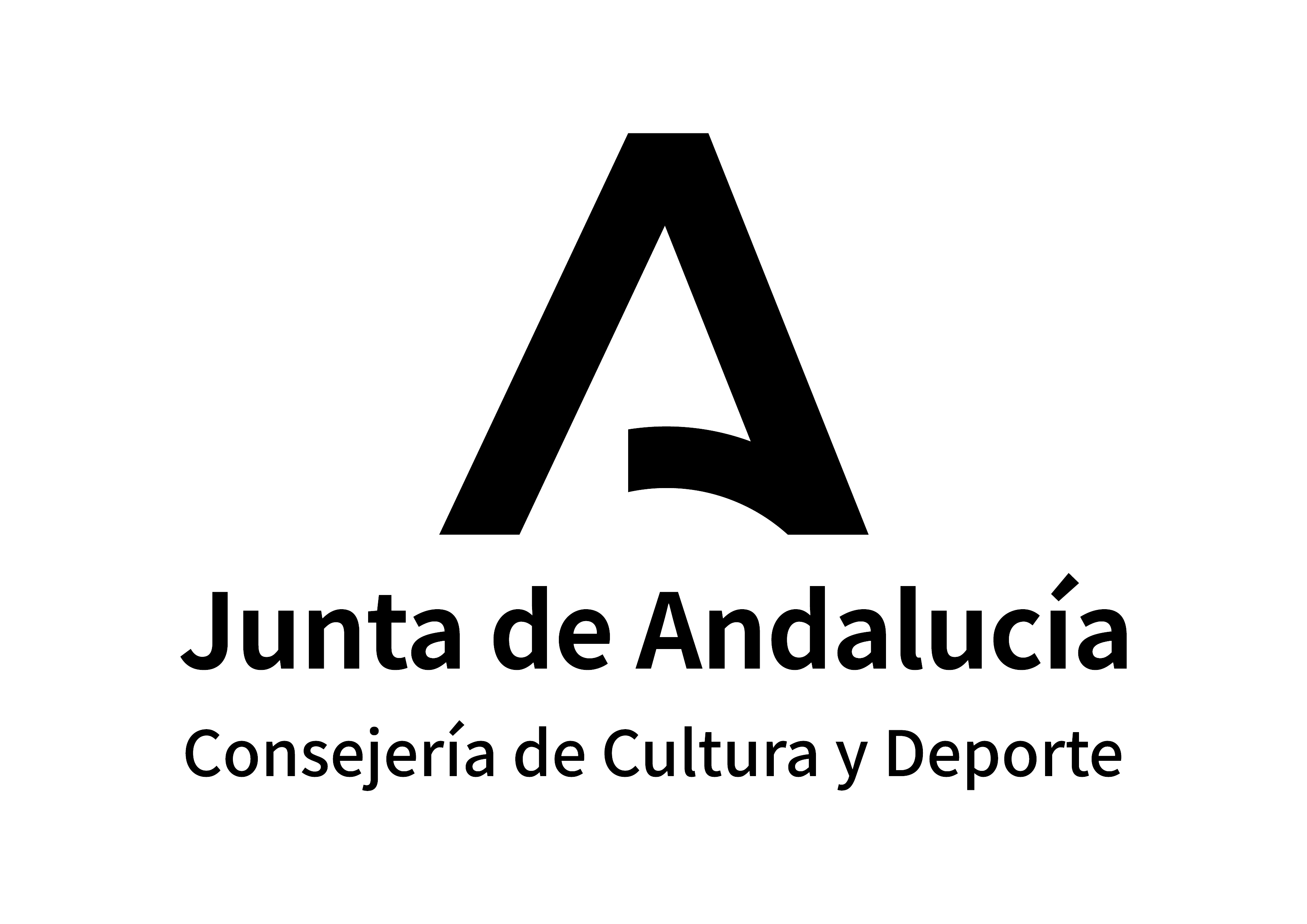'Maria Rosa', the first film to be dubbed into Catalan after the civil war, returns to the big screen
The Festival de Málaga rescues the film adaptation of Àngel Guimerá's play, directed by Armando Moreno and starring Núria Espert and Francisco Rabal
This Wednesday 19th at Cine Albéniz, the Festival de Málaga presented the screening of 'Maria Rosa' in 'Special Sessions.
Filmoteca de Catalunya' the only film directed by Armando Moreno and based on the play of the same name by Àngel Guimerá. Released in 1964, this production marked a milestone in the history of Spanish cinema as the first film dubbed into Catalan to be screened commercially after the Civil War.
'Maria Rosa' is a drama marked by repressed passions and betrayal, where a love triangle becomes the trigger for a tragedy. Maria Rosa, a woman with a strong character, becomes involved in a story of conspiracies and unconfessed desires between Andreu and Marçal, two men who are fighting for her love. The film maintains the dramatic intensity of Àngel Guimerá's original play, transferring its atmosphere of fatality and inexorable destiny to the screen.
The screening at Cine Albéniz was attended by the director of the Filmoteca de Cataluña, Pablo la Parra, who emphasised his interest in
"bringing archive films" that are being digitised. He went on to say that what audiences were going to see with this film is
"a real rarity" in Spanish cinema. With a very careful aesthetic,
"a great off-field work" and
"very careful" atmospheres. Throughout the film there is
"an unusual political subtext". He concluded by stating that
"it is a super Lorca film, something that was no small matter in the midst of Franco's regime".
The film was a milestone in the revival of Catalan-language cinema, as it was the first production to be dubbed in Catalan after Franco's dictatorship. It also brought together a first-rate cast, with actors such as Francisco Rabal and Núria Espert, who at the time was establishing herself as one of the great figures of Spanish theatre.
Born in Valencia, Armando Moreno was an actor, poet, screenwriter and director. He began his career in the theatre as an actor and playwright, noted for his poetic sensibility. In cinema, he worked as a performer in films such as 'Gente sin importancia' (1950) and 'Habitación para tres' (1952), before becoming involved in producing and directing.
His film career was closely linked to Benito Perojo, with whom he worked as assistant director and production manager. In 1955, he married the actress Núria Espert, with whom he was manager and with whom he made his only feature film, 'Maria Rosa' (1964), consolidating his legacy in the history of Catalan cinema.
Sixty years after its première, 'Maria Rosa' returns to the big screen as a testimony to the cinema that defied censorship and recovered the voice of Catalan literature in Spanish cinema. Beyond its historical value, this work continues to move us with the strength of its story and the depth of its interpretations.








